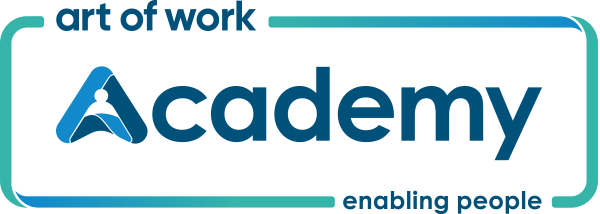
Measurement Differently
How do you measure safety?
Organisations have a legal obligation to provide a safe and healthy working environment. To do this, they need to be able to measure safety and set measurable safety performance targets.
But here’s the thing – existing safety performance measures are outdated as they merely show performance as a snapshot in time.
What we need are predictive tools. Tools that provide powerful insights while fulfilling legal due diligence obligations. Tools that eliminate work-related injury and illness by helping to establish measurable objectives and targets that ensure continual improvement.
Our metrics philosophy
It’s about lead, not lag
Many organisations are very attached to the lag indicators of old. Our belief is that with tools that create lead indicators, we can generate robust insights into safety performance and critical risks, which can be harnessed to improve leadership.
We’ve developed two enabling safety performance measurement tools: ResiliScore® and the Due Diligence Index – Safety (DDI-S).
While conventional safety focuses on managing constraints and preventing deviations, enabling safety fosters deep understanding and addresses what helps and hinders work, while heightening safety performance and building resilience.
Let’s rewrite how safety is measured, understood and practised, together.

ResiliScore®
Heightening performance and operational resilience
Improving safety by aligning organisational strengths requires a shift in thinking from ‘constraining’ to ‘enabling’. How do we enable as many things as possible to go right under varying conditions?
To measure the presence of ‘capacity to succeed’, we use ResiliScore®. This innovative tool measures what helps and hinders work. It enables dynamic measurement of work as done, giving management real-time metrics for the components of work that facilitate success and those that cause pressure points on the system.
Proactive vs reactive
ResiliScore® challenges the approach of measuring deviations and instead focuses on understanding performance.
The benefits:
Increased transparency of organisational experiences
Allows for proactive real-time identification of situations of stress and strength
Improved communication and engagement
Focus on improving performance and setting people up for success

Due Diligence Index – Safety
Innovative metrics
As pioneers of doing work differently, Art of Work has collaborated with Clyde & Co to develop the Due Diligence Index – Safety (DDI-S): a safety performance measurement tool engineered to provide a credible replacement for conventional lag indicators.
DDI-S is designed to support executive-level decision-making and fulfil statutory due diligence obligations. Traditional after-the-fact reporting measures such as Total Recordable Injury Frequency Rates (TRIFR) and Lost Time Injury Frequency Rates (LTIFR) do not generate a complete picture of the health and safety activity that a board is required to oversee.
The benefits:
Single metric output for easy interpretation
Ability to drill down into the underlying data
Calibrate to the specific performance objectives of your team
Collaborate with us
We need to look beyond past incidents and focus on proactive risk management.
DDI-S brings together high-performance organisations in a collaborative programme to build a new standard in due diligence governance.
Art of Work invites you to collaborate with us as we continue to develop DDI-S. Mould the tool to reflect the specific needs of your company and help define a new industry standard. This programme is built on open collaboration principles, or ‘crowdsourcing’, under a creative commons non-commercial licence. Participants will have ongoing opportunities to contribute to the future development of the index and its supporting architecture.


